Why the BMW XM Crossover Remained Unpopular: The Reason Behind the Model's Failure
BMWs Decision to Release the XM Proves Controversial. Ultimately, the hybrid crossover became a major disappointment for the Germans. Why did the model fail to meet expectations?
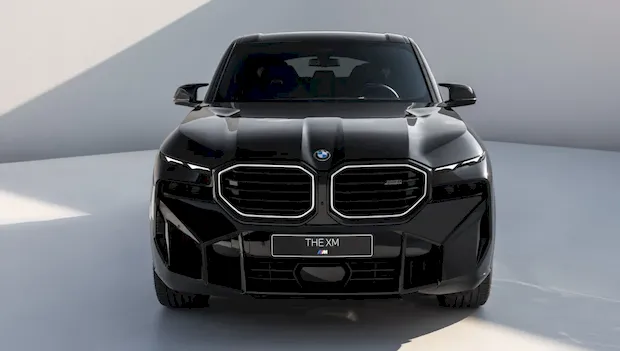
The past year has been another stage for BMW in maintaining its position in the premium auto market. The German manufacturer retained its leadership status, selling over 2.2 million vehicles despite a slight decline in sales (-2.3%). However, the triumph was overshadowed by the failure of the hybrid crossover XM – a model that became the «weak link» in the brand's lineup.
Record Numbers, But Not for XM
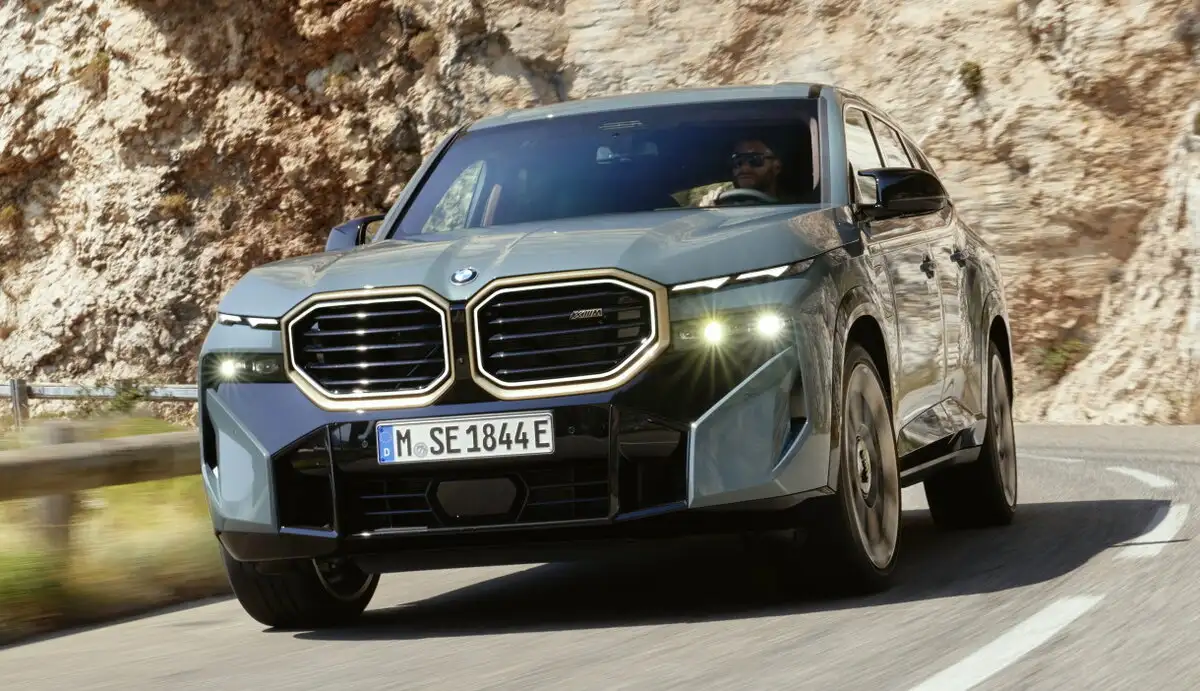
XM's sales statistics formally show growth: 7,813 units were sold over the year (+15.8%). However, these numbers pale in comparison to other models of the brand. Even the rare Z4 roadster, aimed at a narrow audience, surpassed the newcomer with sales of 10,482 cars, despite a 4.3% drop in demand.
Experts emphasize: directly comparing Z4 and XM is incorrect due to the differences in price categories. But the paradox is that the convertible in a niche segment outperformed the crossover – a body type traditionally leading in global charts. This casts doubt on the correct positioning of the XM.
American Bet That Didn’t Pay Off
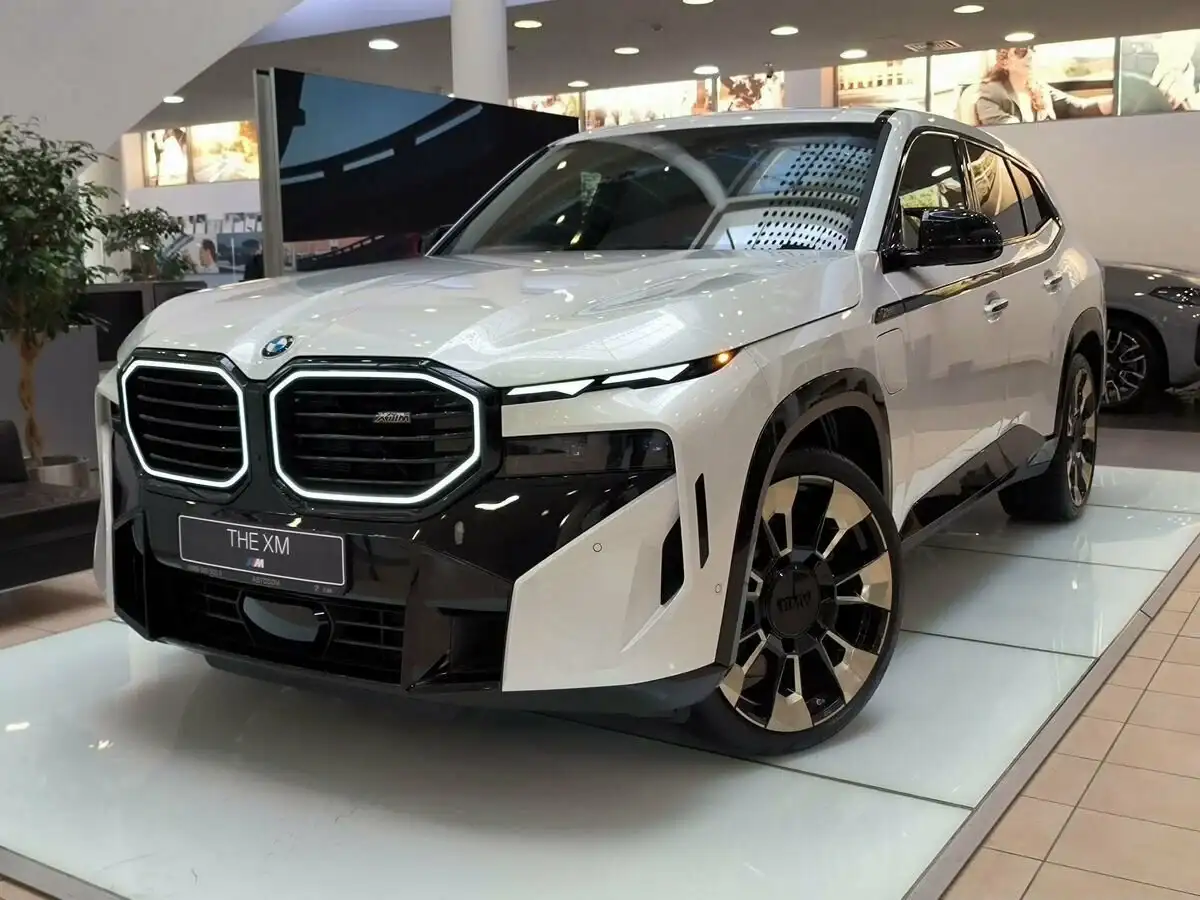
BMW's main hopes were tied to the US market, where the XM was launched in the fall of 2022. Reality was harsher: only 1,974 vehicles (25% of global sales) found buyers in the States. For comparison – in Germany, 1,200 electric i7 cars were snapped up during the same period, although this model was launched later.
A Misguided Choice by BMW?
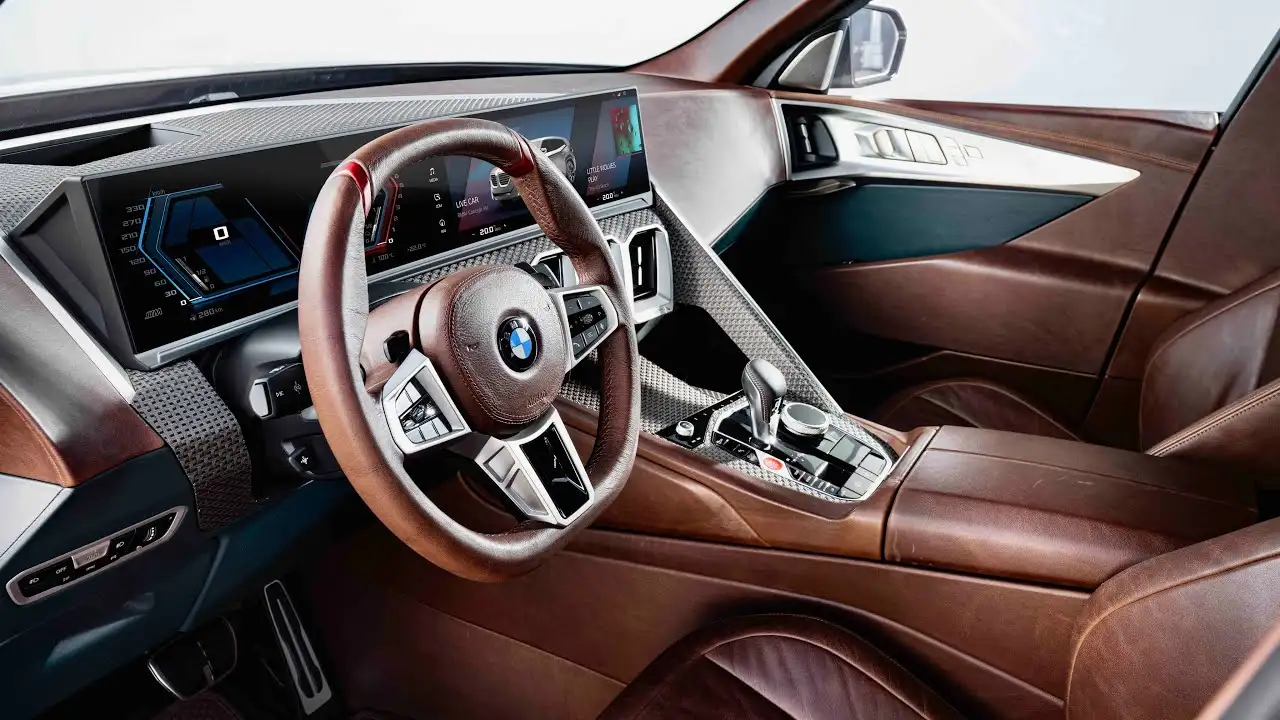
The story of the XM began with an unexpected twist. Initially, engineers worked on the Vision M Next concept – a successor to the iconic M1. However, the project was shut down, redirecting resources to the creation of a hybrid crossover with an extravagant design.
There was economic reasoning: XM was created on a ready-made platform using components from the future M5, which reduced costs. On a similar principle, exclusive versions of the 3.0 CSL (based on the M4 Coupe) and Skytop (derived from M8 Convertible) were released.
However, based on statistics, consumers did not appreciate the compromise. Brand enthusiasts were expecting a revolution in the spirit of classic sports cars, not just another crossover, even if it came with a hybrid «filling».
The low demand for XM might become a reason to reconsider the strategy. In the corridors of auto shows, there are already rumors about resuming work on a sports car successor to the M1. Meanwhile, the Bavarians must decide whether to continue promoting the «hybrid failure» or bet on proven hits such as the X5 and X7, which consistently bring stable profits.
You may also be interested in the news:
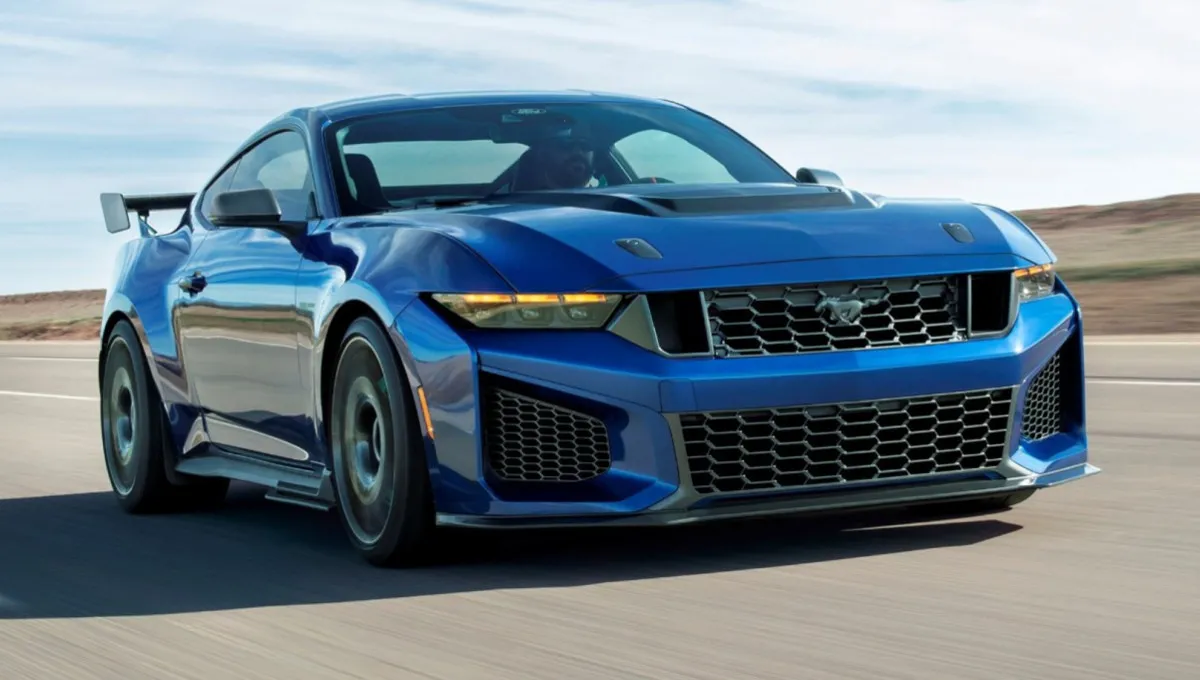
Extreme Ford Mustang Dark Horse SC Revealed
Visually, the new model stands apart from more modest Mustangs with redesigned bumpers.
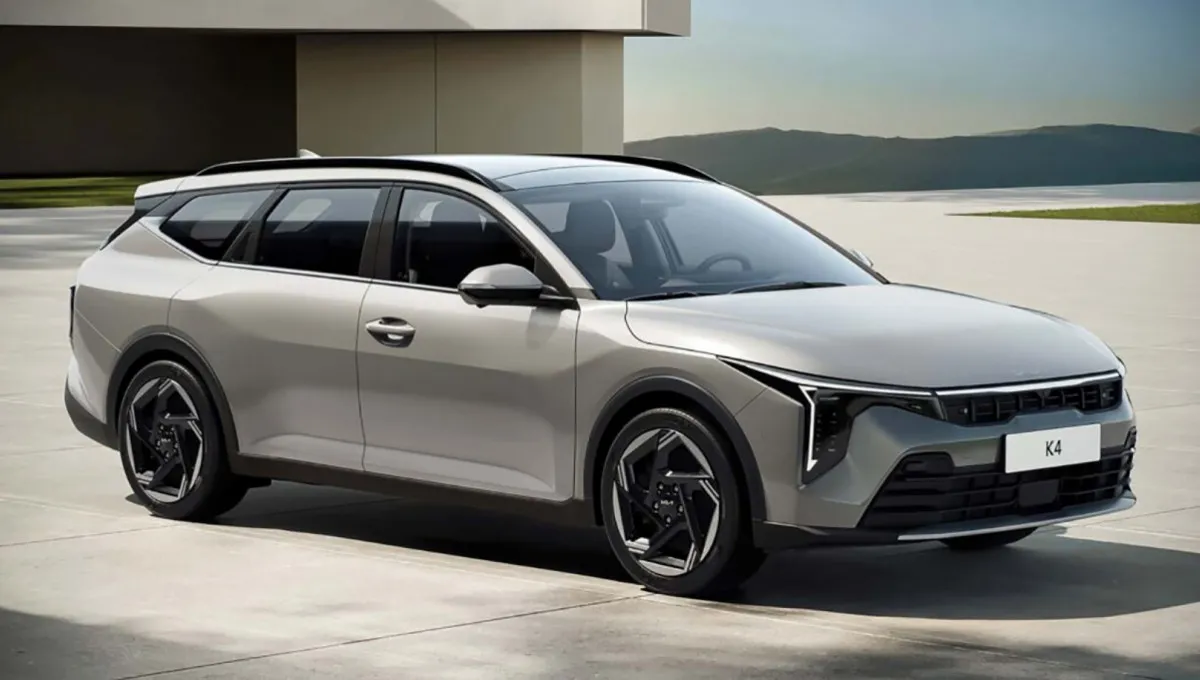
Kia K4 Sportswagon: The Company Launches a New Wagon — Specifications
Kia is doing everything it can to attract buyers who don’t need an SUV.

Stellantis Plans to Strengthen Dealer Partnerships to Boost Sales and Market Growth
The move comes amid efforts to restore sales volumes and market share following a dip in North American sales.

New Wrangler Anniversary Edition Is Jeep’s Most Affordable Special Model in the U.S.
Jeep is continuing its monthly Wrangler special-edition rollout under the “Twelve 4 Twelve” program.
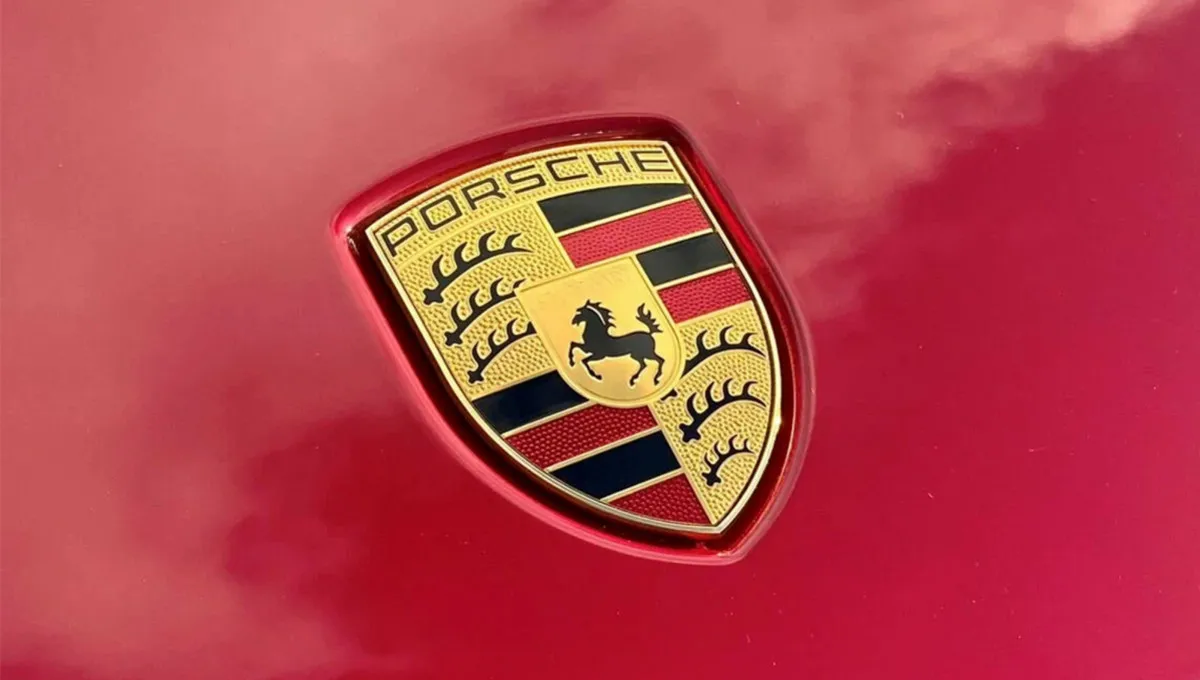
Porsche Loses Ground in China: Sales Drop 26% as Focus Shifts to the U.S.
Porsche’s China sales fell 26% in 2025, underscoring growing pressure from local EV brands